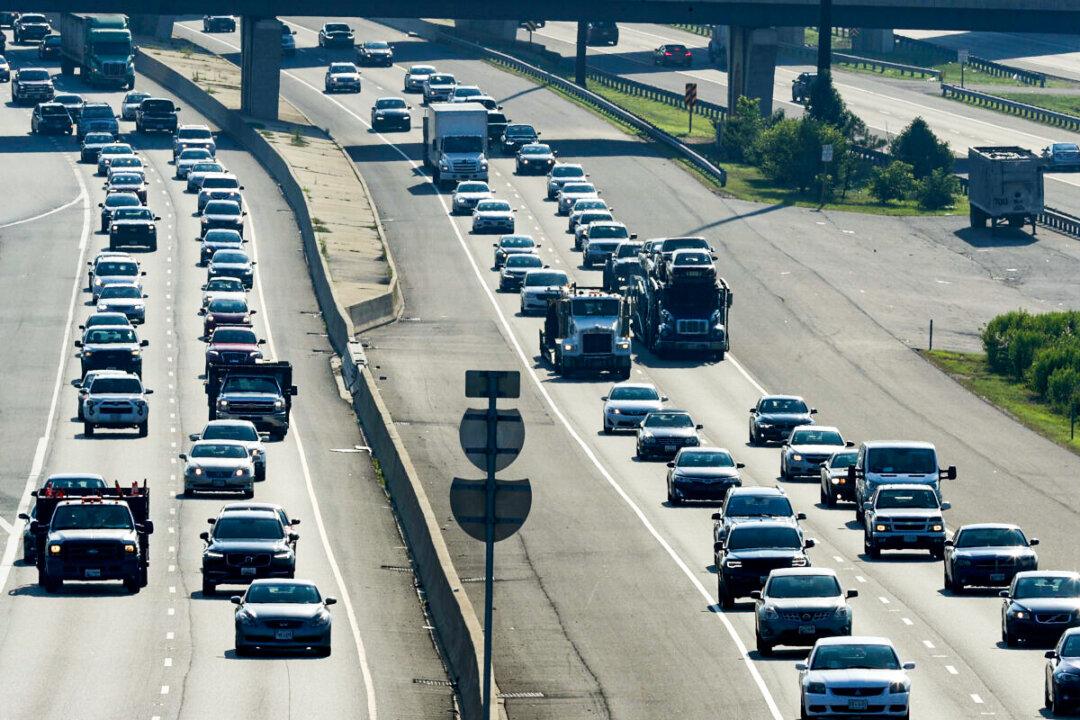U.S. gas prices have been climbing for the past 11 consecutive days in a row, amid the worse energy supply crisis in decades, according to the American Automobile Association (AAA).
The drivers association said that the current stretch of record high prices is unprecedented.





